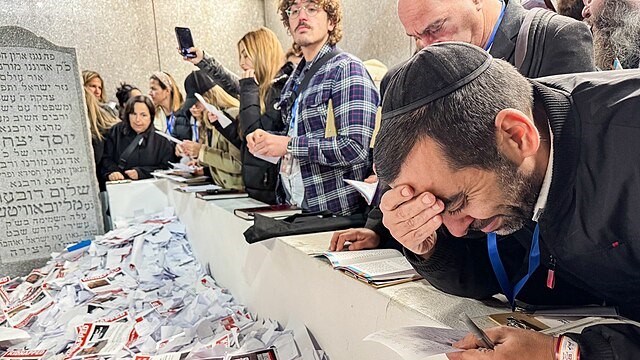
The sign of life the family received from Hungarian Israeli Omri Miran may have been a ray of hope to hold on to; nevertheless, Hamas’ threat has brought the ceasefire to the brink of collapse.
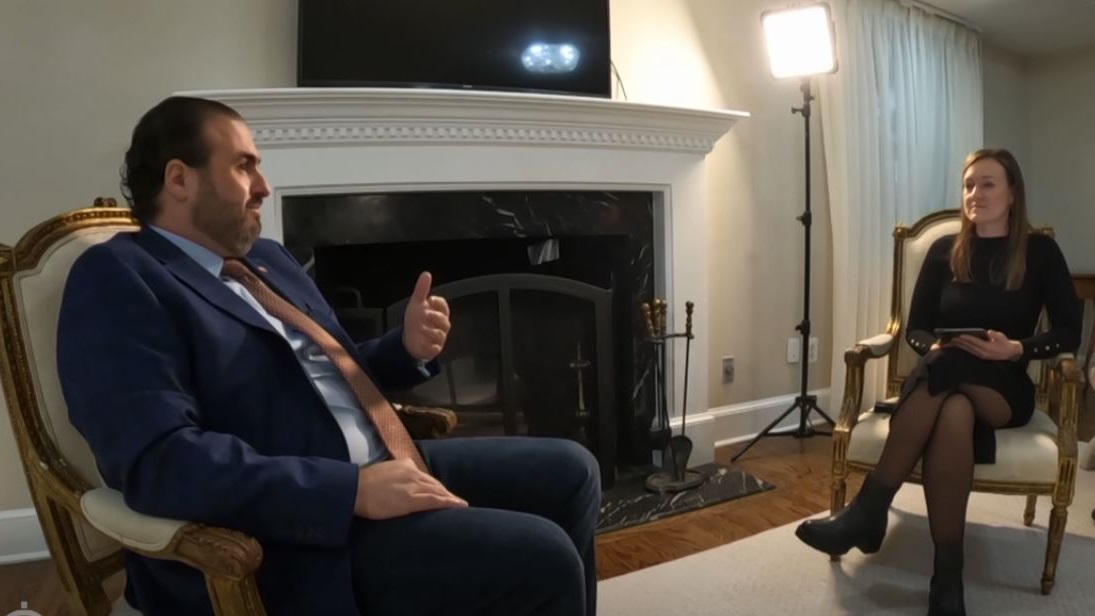
Senior Fellow at the Center for Fundamental Rights and top contender to be the next US Ambassador to Hungary Bryan Leib has recently been interviewed by the Hungarian state television M1. In the interview, he covered a wide array of important topics, such as a potential ceasefire between Ukraine and Russia with Hungarian involvement, illegal immigration, and more.
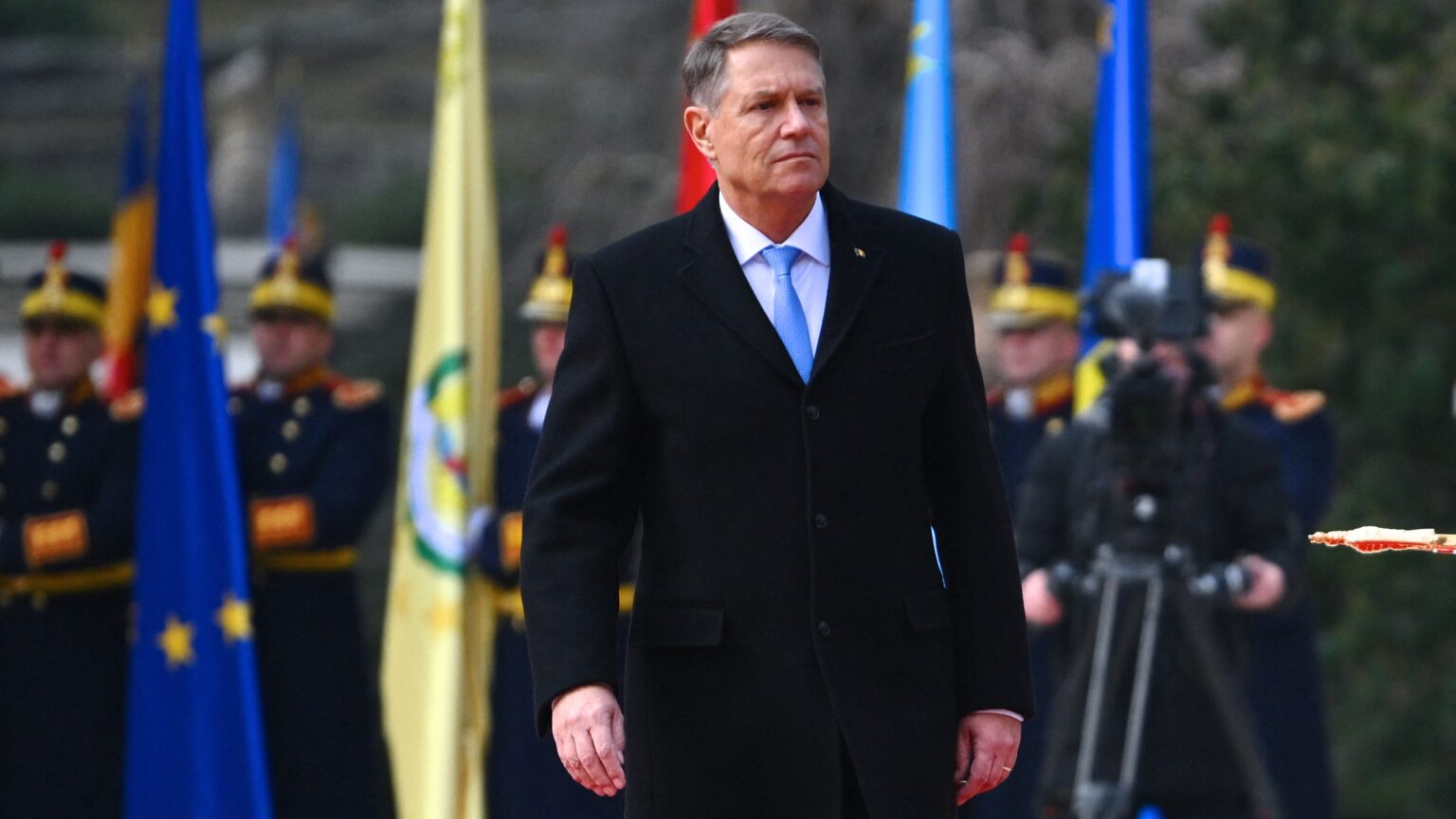
Earlier this week Romanian President Klaus Iohannis resigned from his post following mounting pressure from the parliament pursuing an impeachment process against him. The controversy was sparked by the Romanian constitutional court’s decision last year to cancel the Romanian presidential elections and—as no new president was elected—lengthen Klaus Iohannis’ term in office.
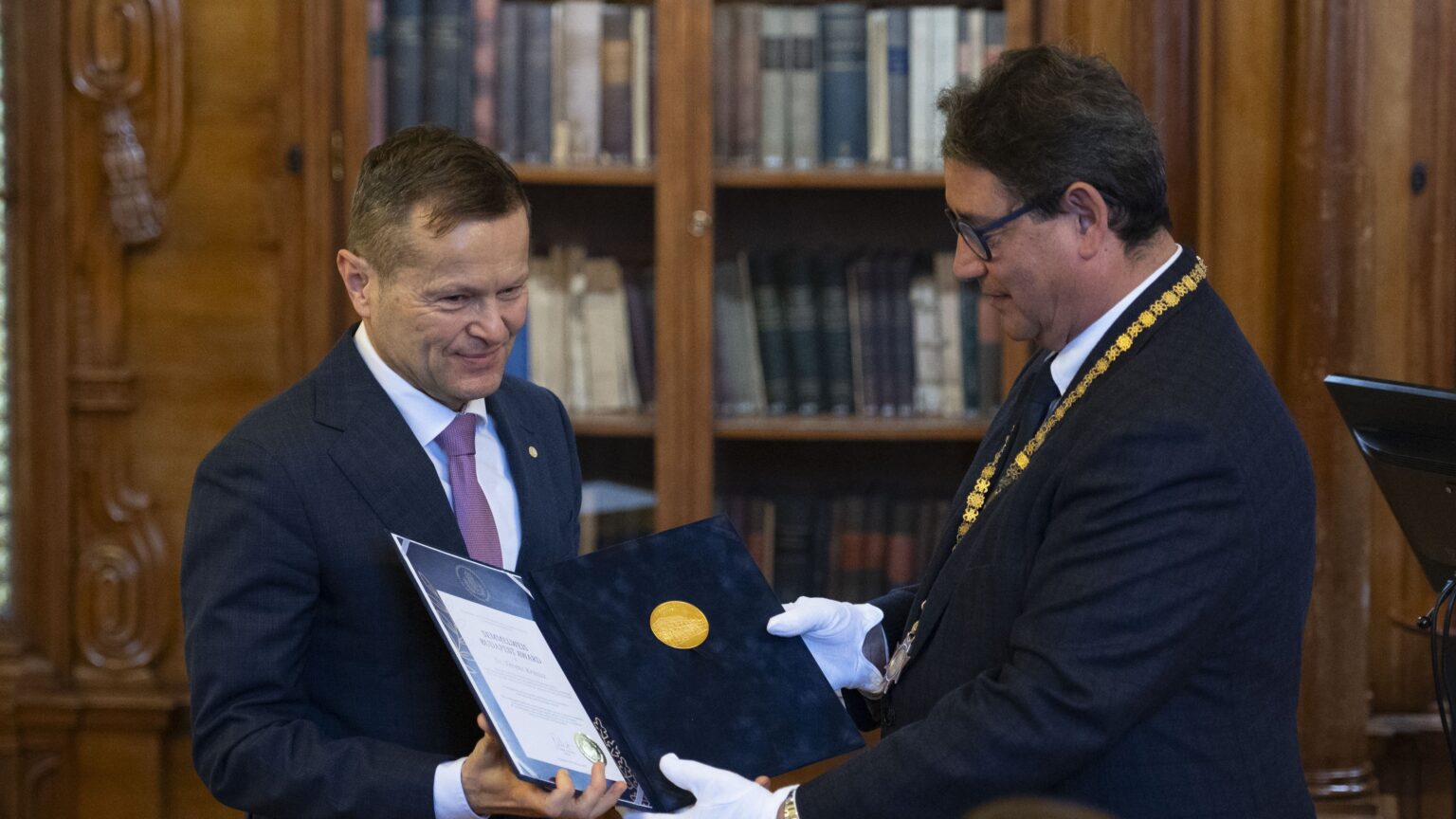
Nobel laureate Krausz Ferenc has been awarded the prestigious Semmelweis Budapest Award for his contributions to scientific research. Recognized for his pioneering work in infrared molecular fingerprinting, Krausz emphasized the importance of personalized and preventive medicine, highlighting the need for further research to bring this technology into practical application.
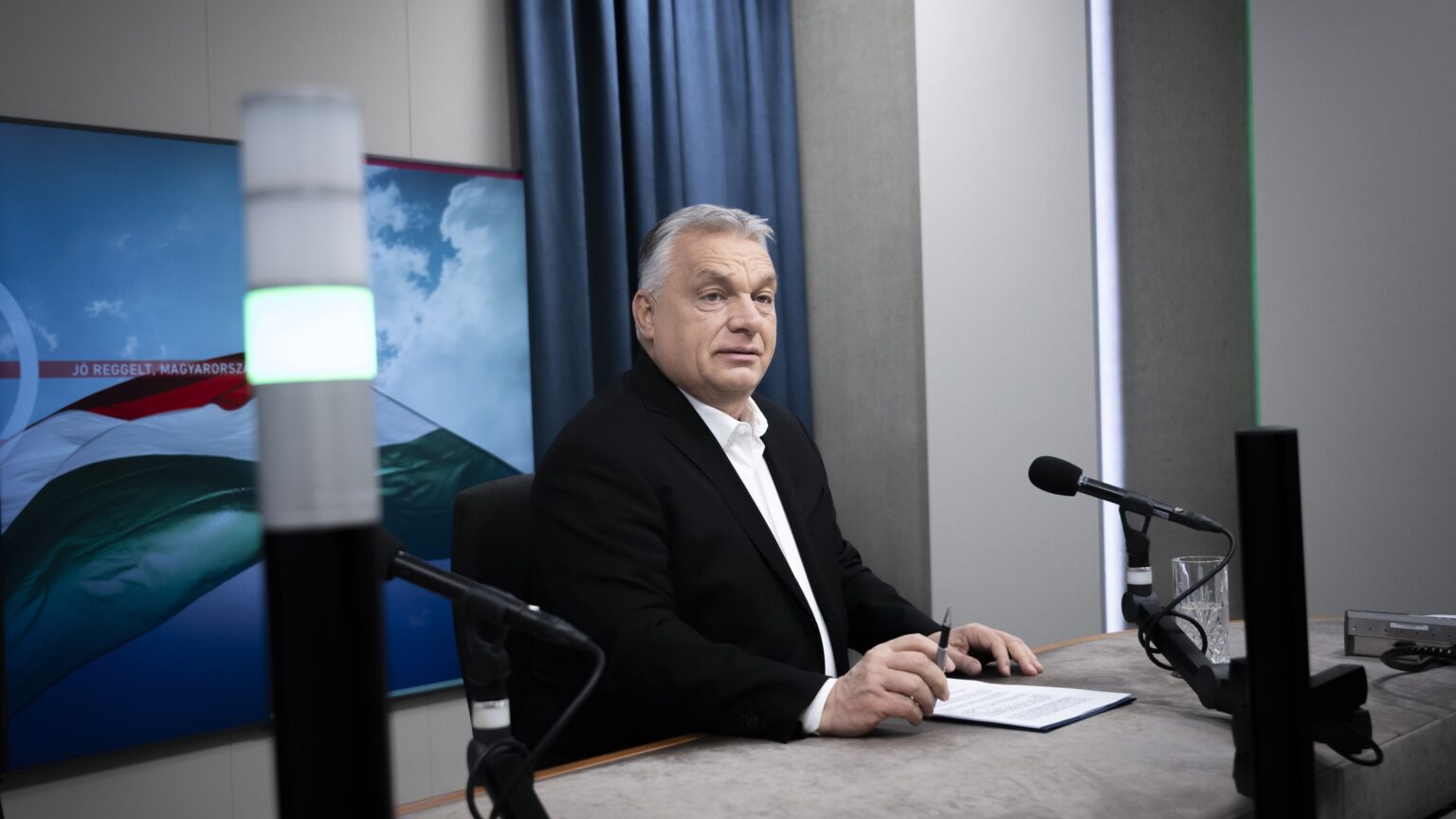
Hungarian Prime Minister Viktor Orbán has expressed optimism that a new US president committed to peace could end the war in Ukraine. Speaking on public Kossuth Radio, he emphasized Hungary’s long-standing peace strategy and highlighted the potential for major geopolitical and economic shifts.
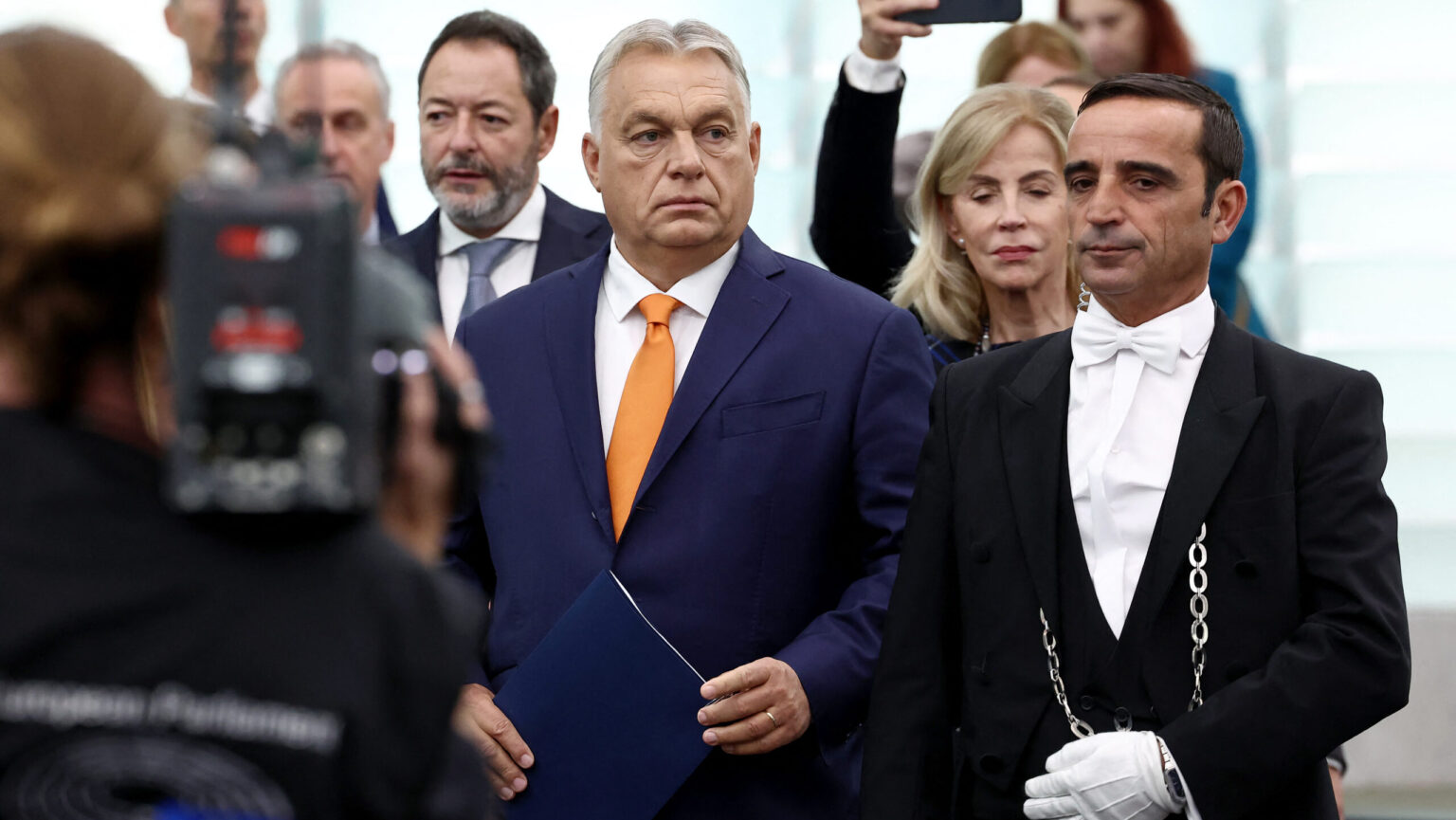
Hungarian Prime Minister Viktor Orbán delivers a hard blow on EU leadership following Donald Trump’s announcement that negotiations to end the war in Ukraine will begin immediately. As Washington appears to be sidelining the EU in the talks, Orbán attributes this to Brussels’ failed diplomacy and weak leadership.
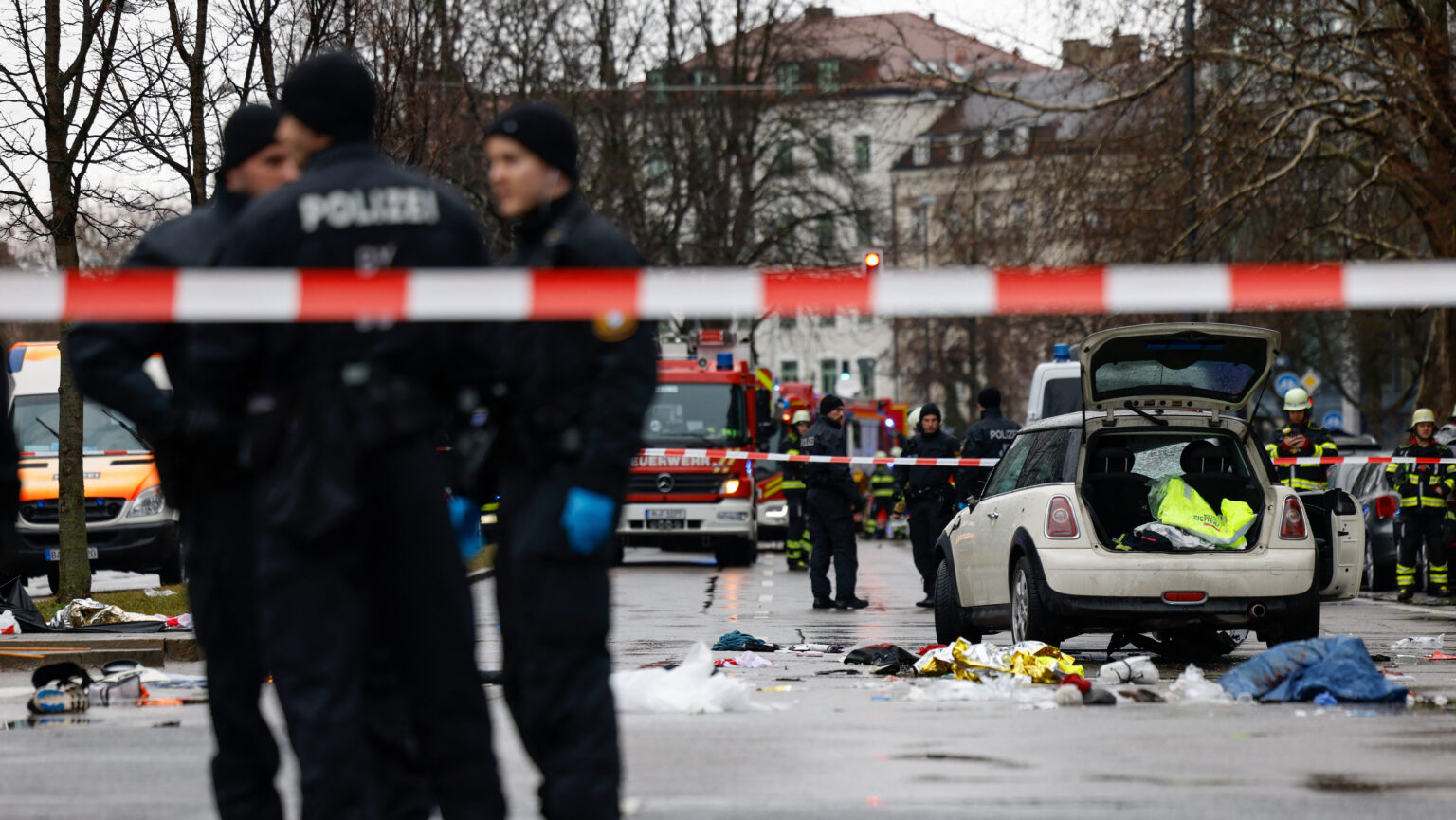
With just ten days remaining until the most significant elections in Germany’s post-WWII history, the country has been struck by yet another terror attack committed by an Afghan migrant. According to police, the 24-year-old asylum seeker drove a car into a group of pedestrians in Munich, injuring at least 28 people. In response, Alternative für Deutschland’s Alice Weidel called for a ‘migration turnaround’.
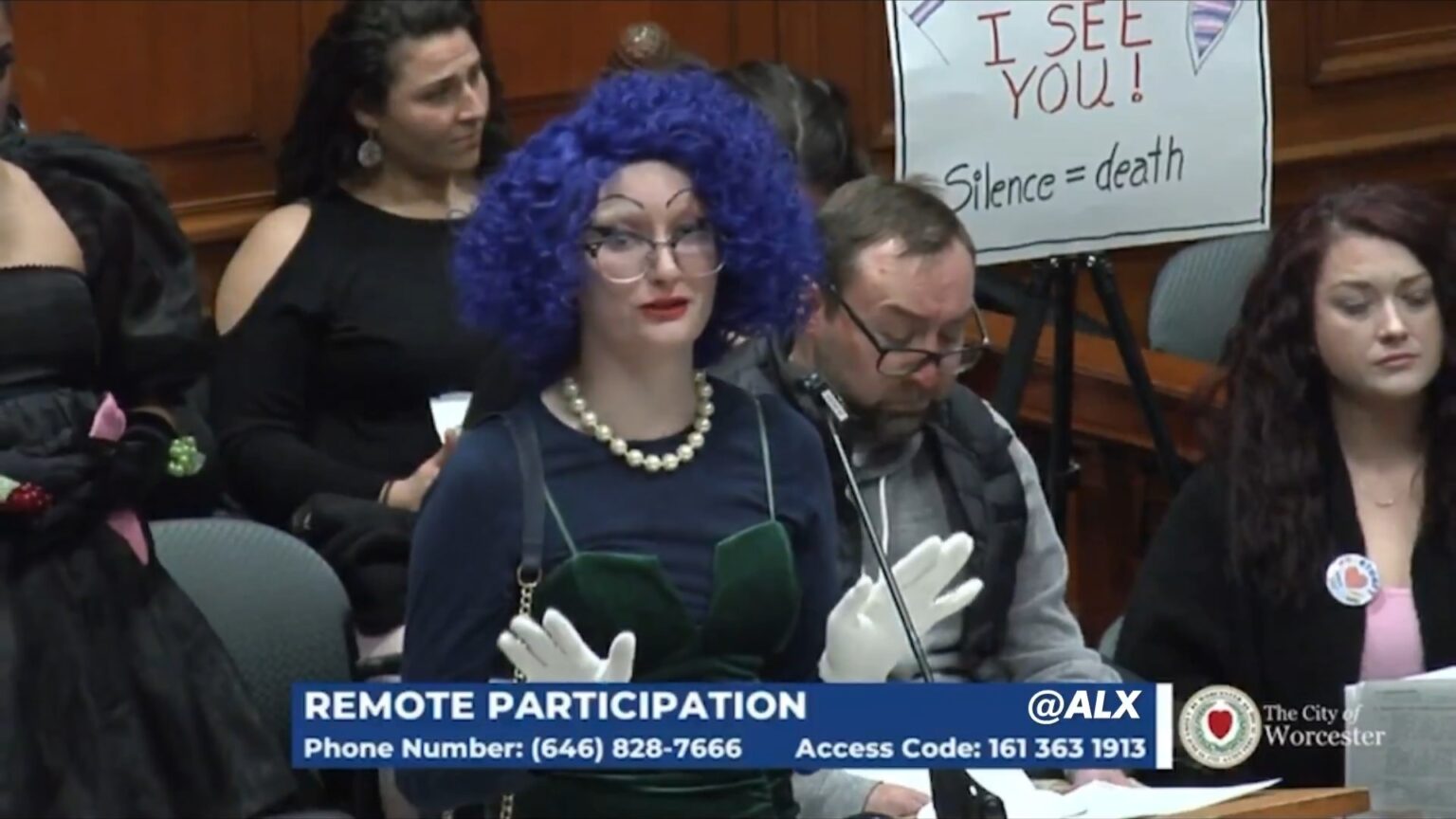
Before the resolution got passed by the City Council in Worcester, Massachusetts, a trans activist speaking in favour seemed to make a threat, saying: ‘If you say that you’re afraid of Trump and that’s why you don’t want the city to be a safe space for trans people, you’d better prepare for trans people to make this a very unsafe space.’
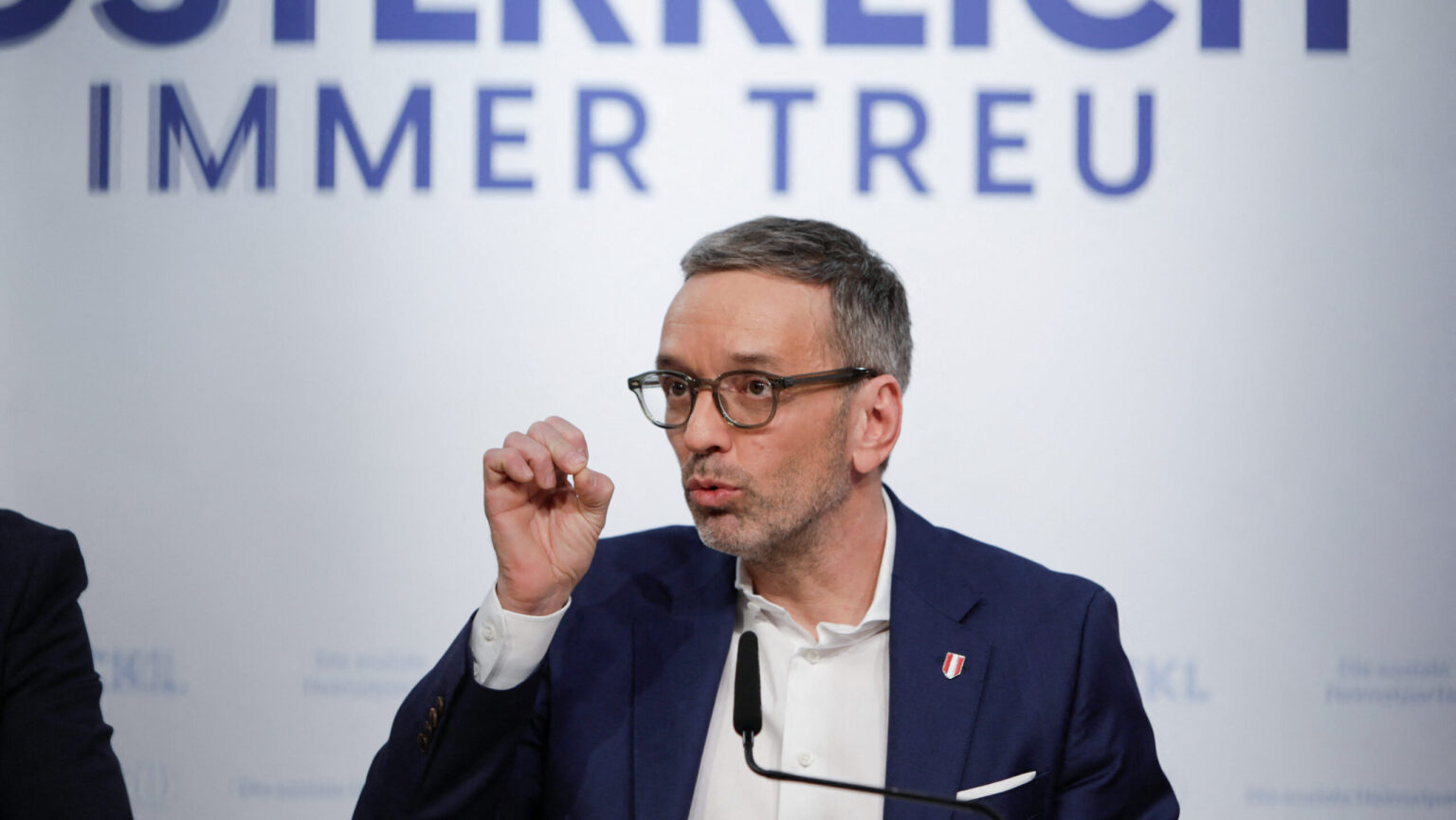
After weeks of protracted negotiations, Herbert Kickl’s FPÖ and the Austrian People’s Party have failed to reach a coalition agreement. With Kickl returning his mandate, Austria now faces four possible paths forward, including the prospect of an early election.

With support from Hungary’s National Film Institute (NFI), a series of new documentaries will explore topics ranging from Hungarian athletes at the Paris 2024 Olympics to the influence of social media, the life of a renowned puppeteer, and a pilgrimage through Europe’s ancient cities.
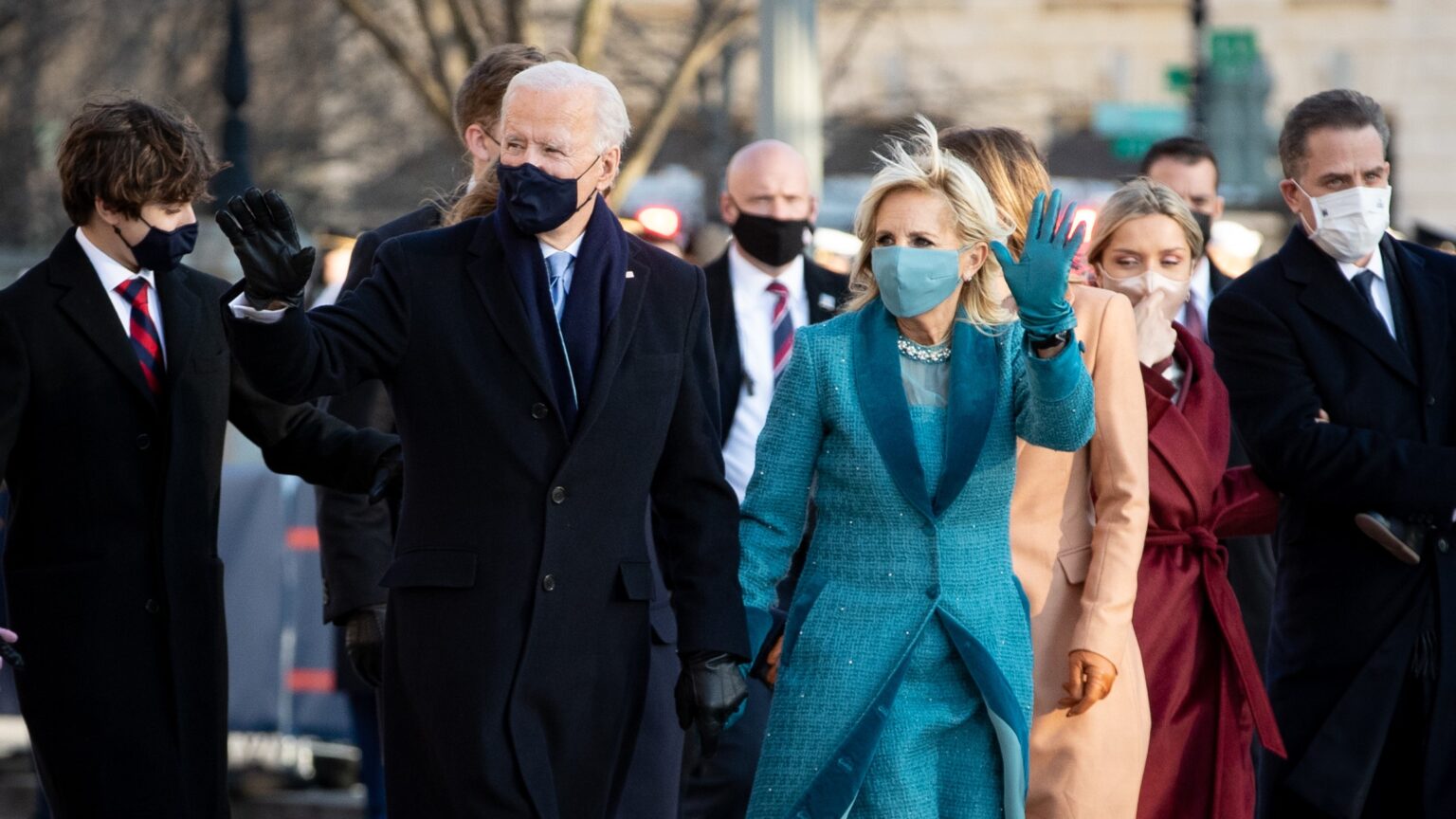
Only 39 per cent of Americans have a favourable view of President Joe Biden, while 57 per cent have an unfavourable view of him, according to a new poll by Gallup. His net favourability rating of negative 28 points is by far the worst among the five living Presidents, a whopping 26 points below the second least popular of them, Donald Trump.

BMW’s new factory in Debrecen is set to begin mass production this autumn, marking a major milestone for both the company and Hungary’s economy. With all necessary infrastructure completed, the plant will produce an all-electric model, reinforcing BMW’s transition to electromobility.
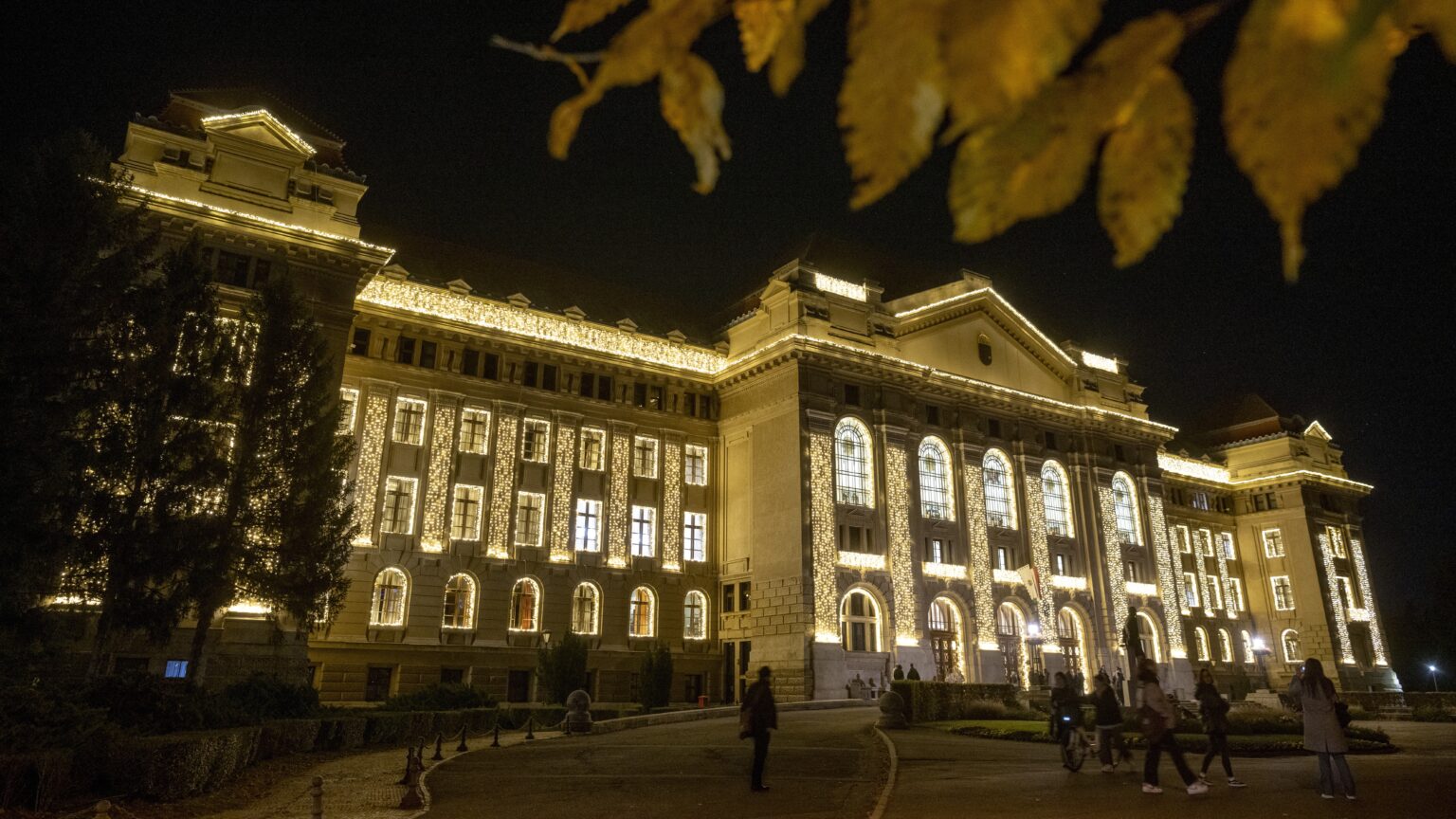
The University of Debrecen is launching an innovative, elective course titled Modern Artificial Intelligence, designed to provide a comprehensive introduction to AI concepts, principles, and real-world applications. Open to students, faculty, and staff, the 13-week programme is accessible to participants without prior technical knowledge.
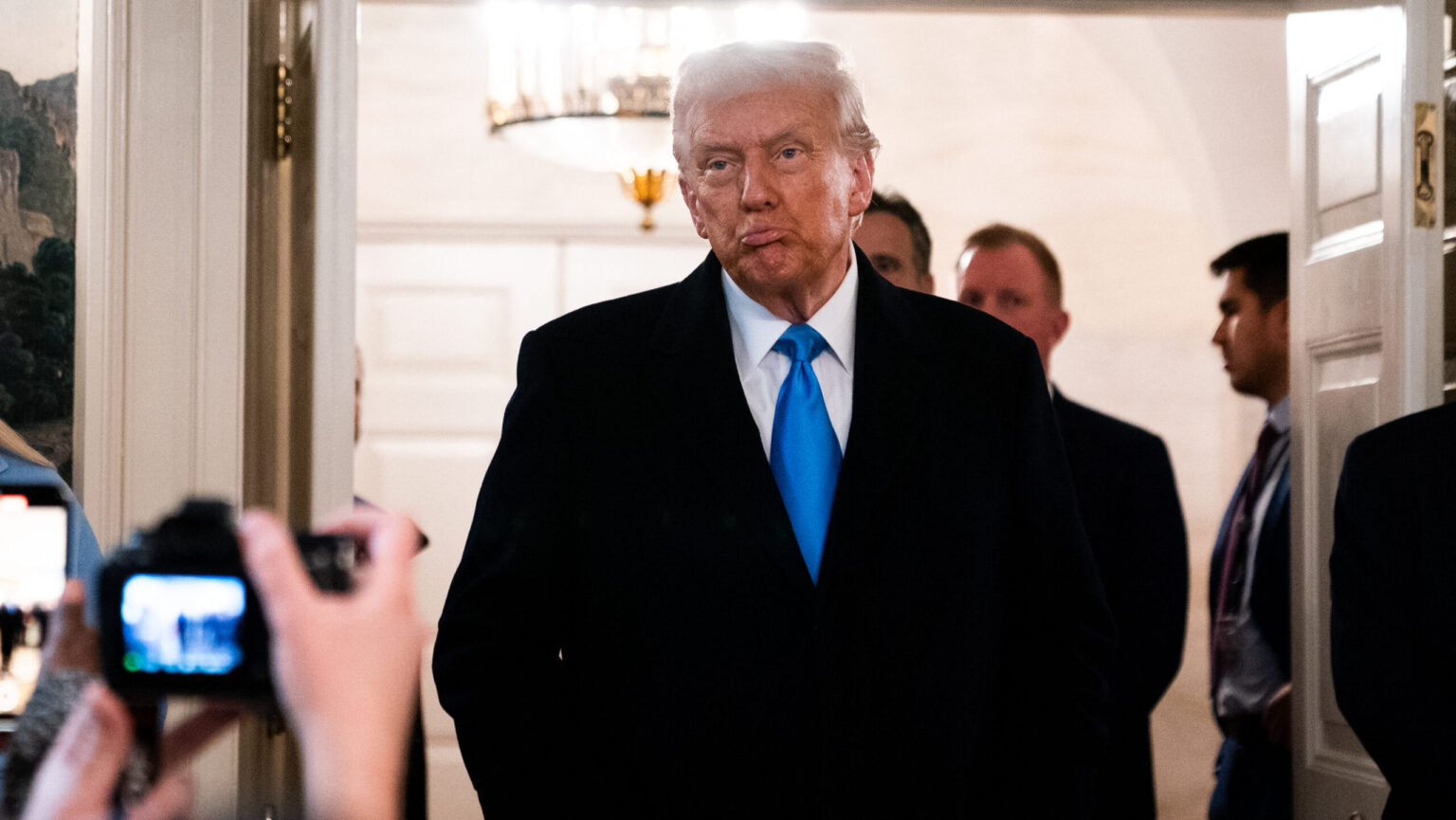
After speaking with both Vladimir Putin and Volodymyr Zelenskyy, Donald Trump announced that negotiations to end the war in Ukraine would begin ‘immediately’. Meanwhile, Pentagon chief Peter Hegseth informed NATO defence ministers that the US is gradually withdrawing from Europe. These two announcements left EU leaders in shock and despair—but in reality, they present a historic opportunity for the continent.
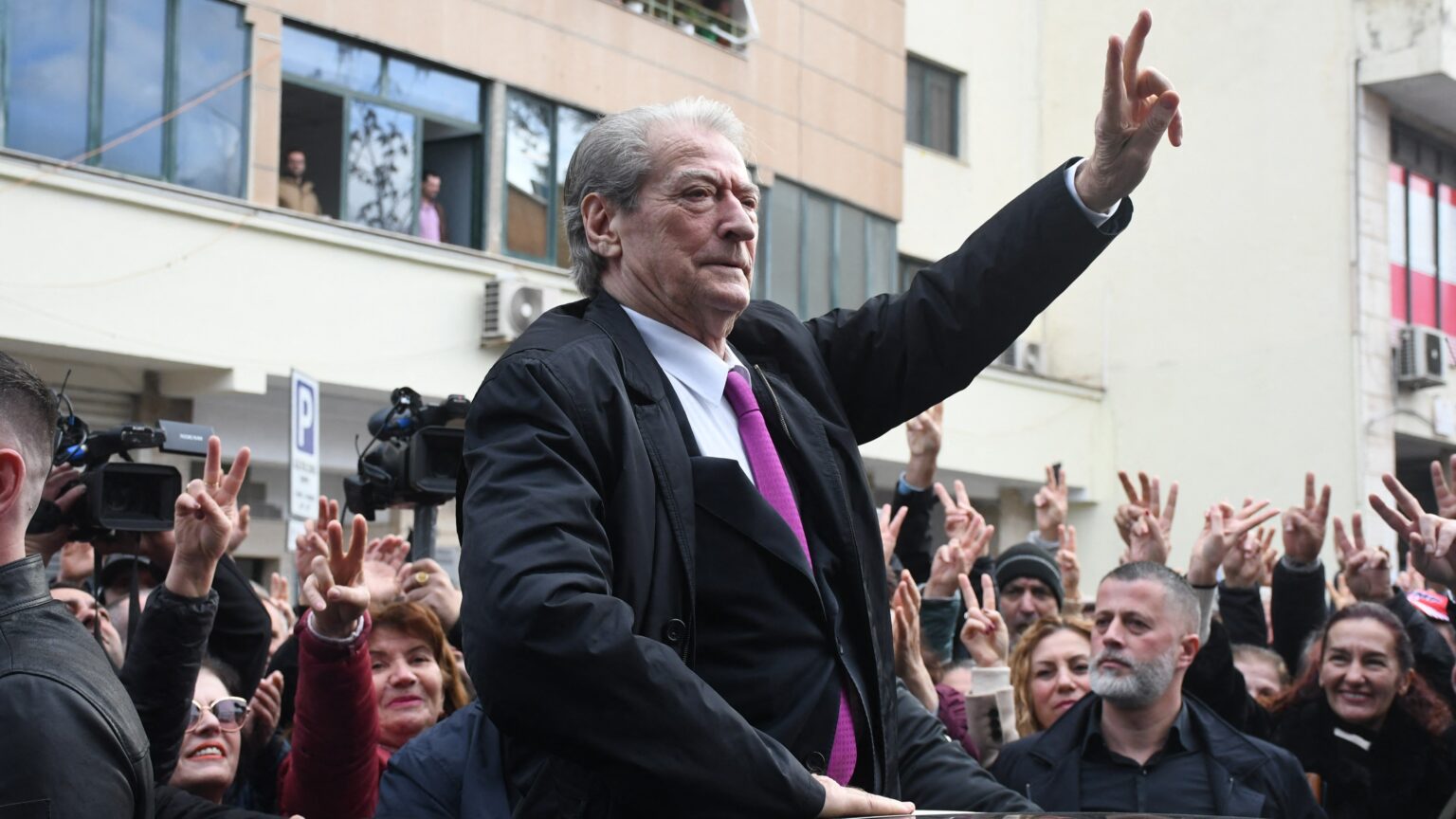
‘The Supreme Court has stated that, on average, it now takes 15 years for a citizen to have their case heard, a stark increase from 1.5 years before the reform. Despite billions spent by European and American taxpayers, not only have the metrics worsened, but Albanian citizens are now receiving less justice.’
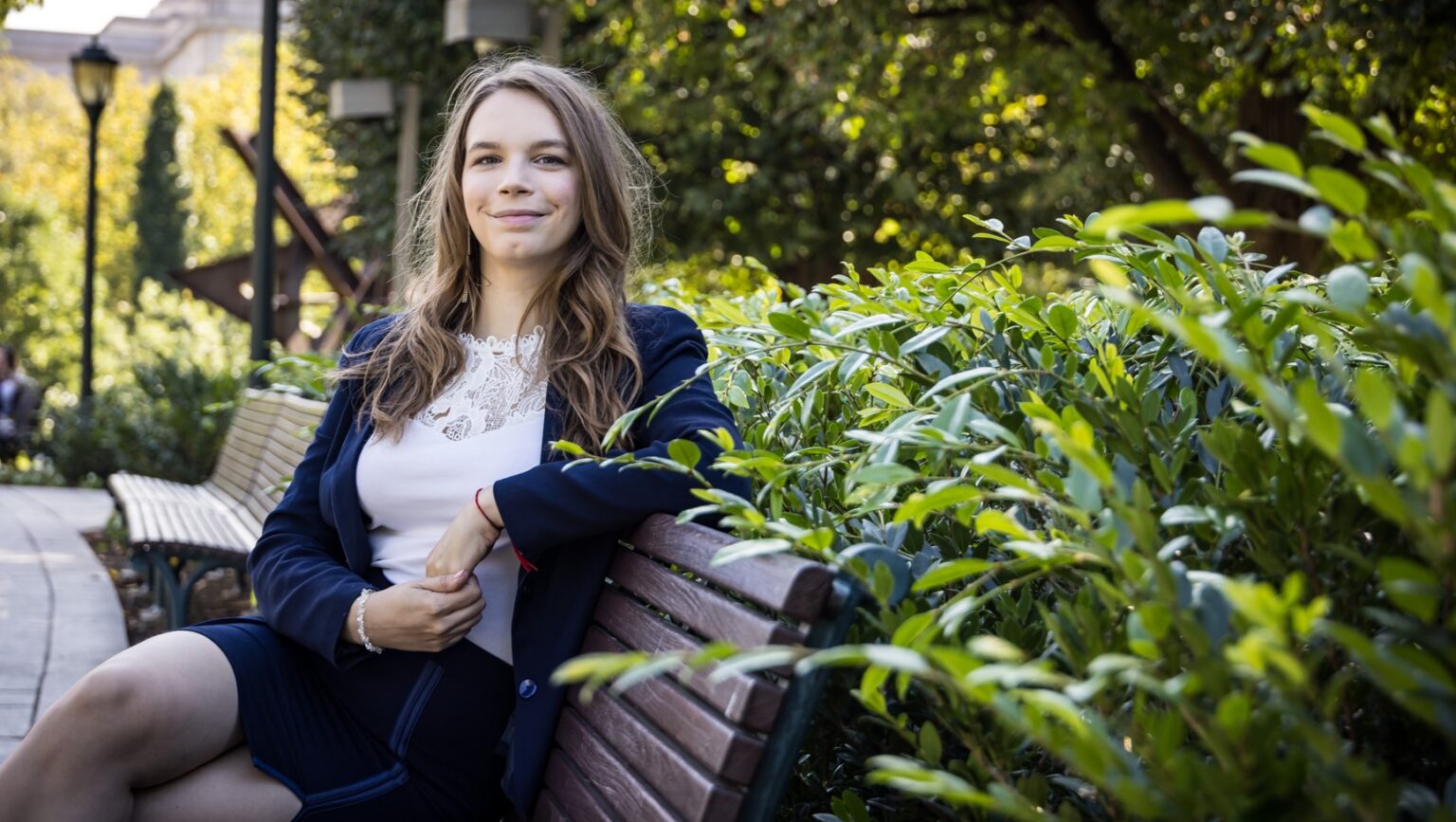
‘I’m grateful to God who has arranged this opportunity, and of course, I’m very grateful to the Hungary Foundation for helping me to come here, where I’ve already done so much, met so many interesting people, traveled a lot, attended, organized and delivered lectures—definitely a life-changing experience.’
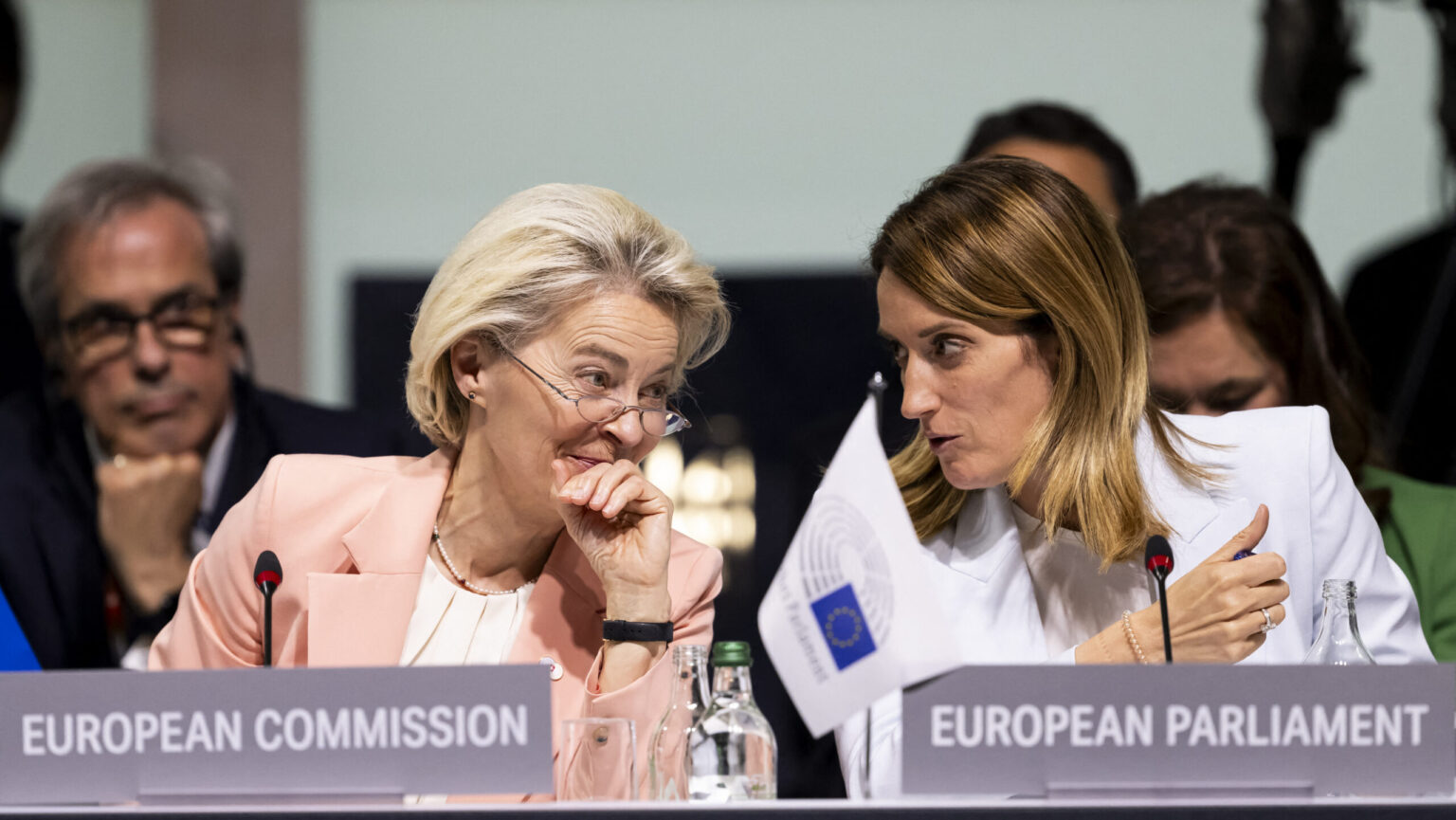
Roberta Metsola and Ursula von der Leyen are at the centre of a growing scandal involving undisclosed EU millions channelled to pro-EU media to shape the narrative ahead of the 2024 European elections. The case bears striking similarities to the USAID controversy and further erodes public trust in institutions and the media.
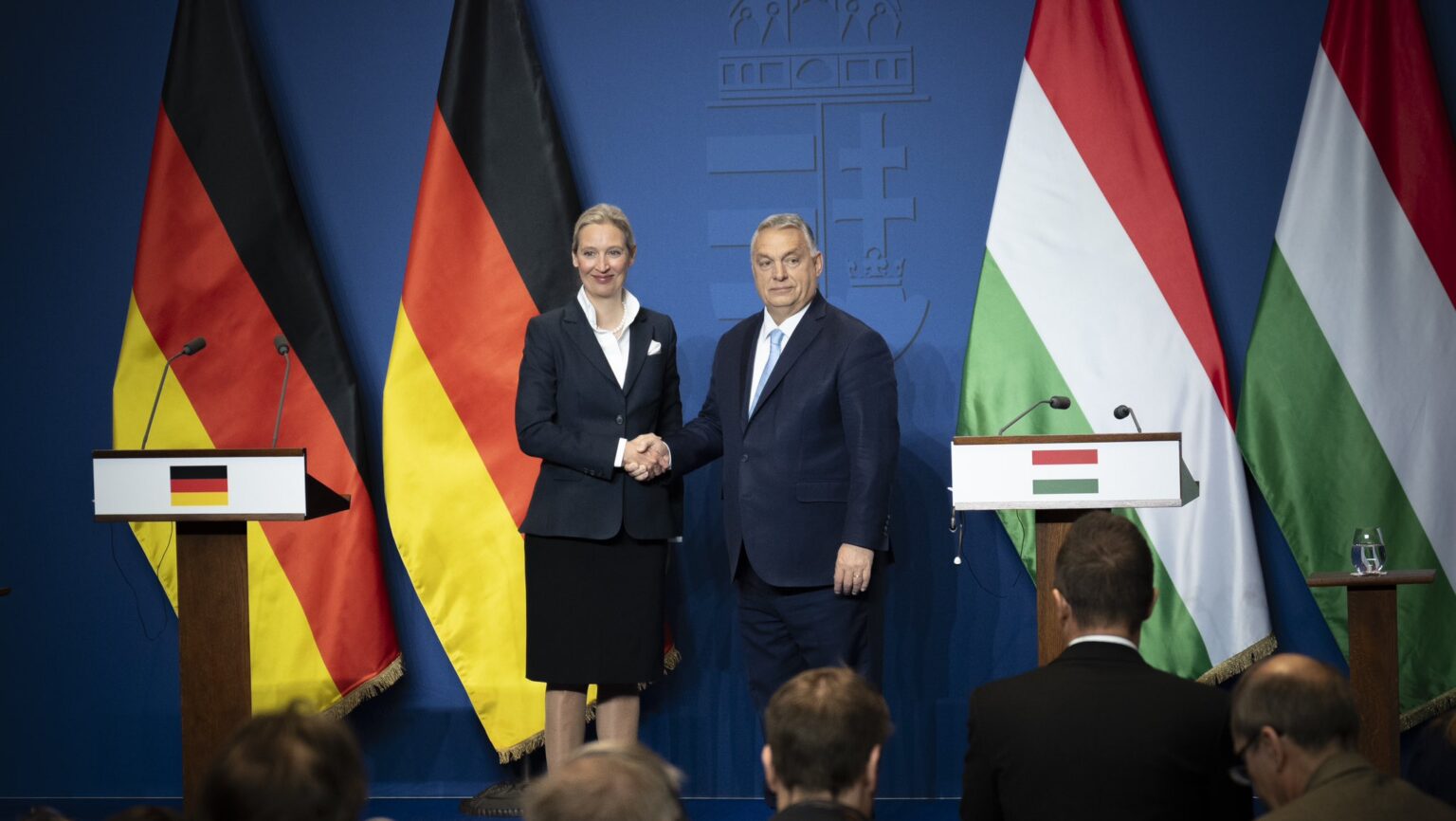
Viktor Orbán hosted Alice Weidel, co-chair of the German right-wing party Alternative für Deutschland (AfD), in Budapest on Tuesday, becoming the first sitting prime minister to officially receive one of the party’s leaders. While the two addressed key challenges facing Europe, progressives—both online and in person—protested the meeting, labelling Orbán and Weidel as fascists.
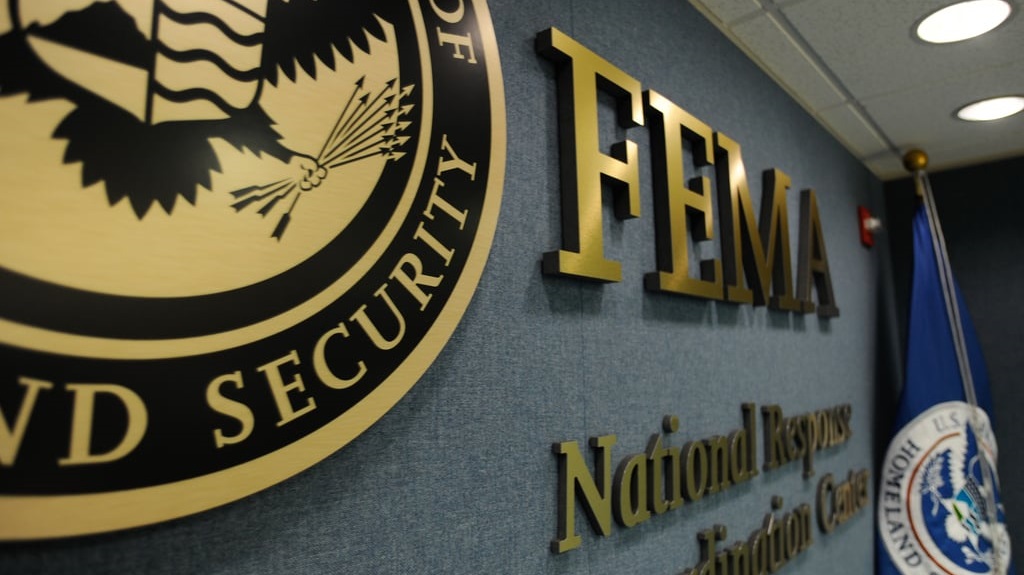
Elon Musk has posted on X that the American Federal Emergency Management Agency (FEMA) was caught funnelling $59 million to hotels in New York City to house illegal migrants, while it was not able to help victims of Hurricane Helene in North Carolina in late 2024. Four FEMA employees, including CFP Mary Comans, have been terminated as a result of the scandal.
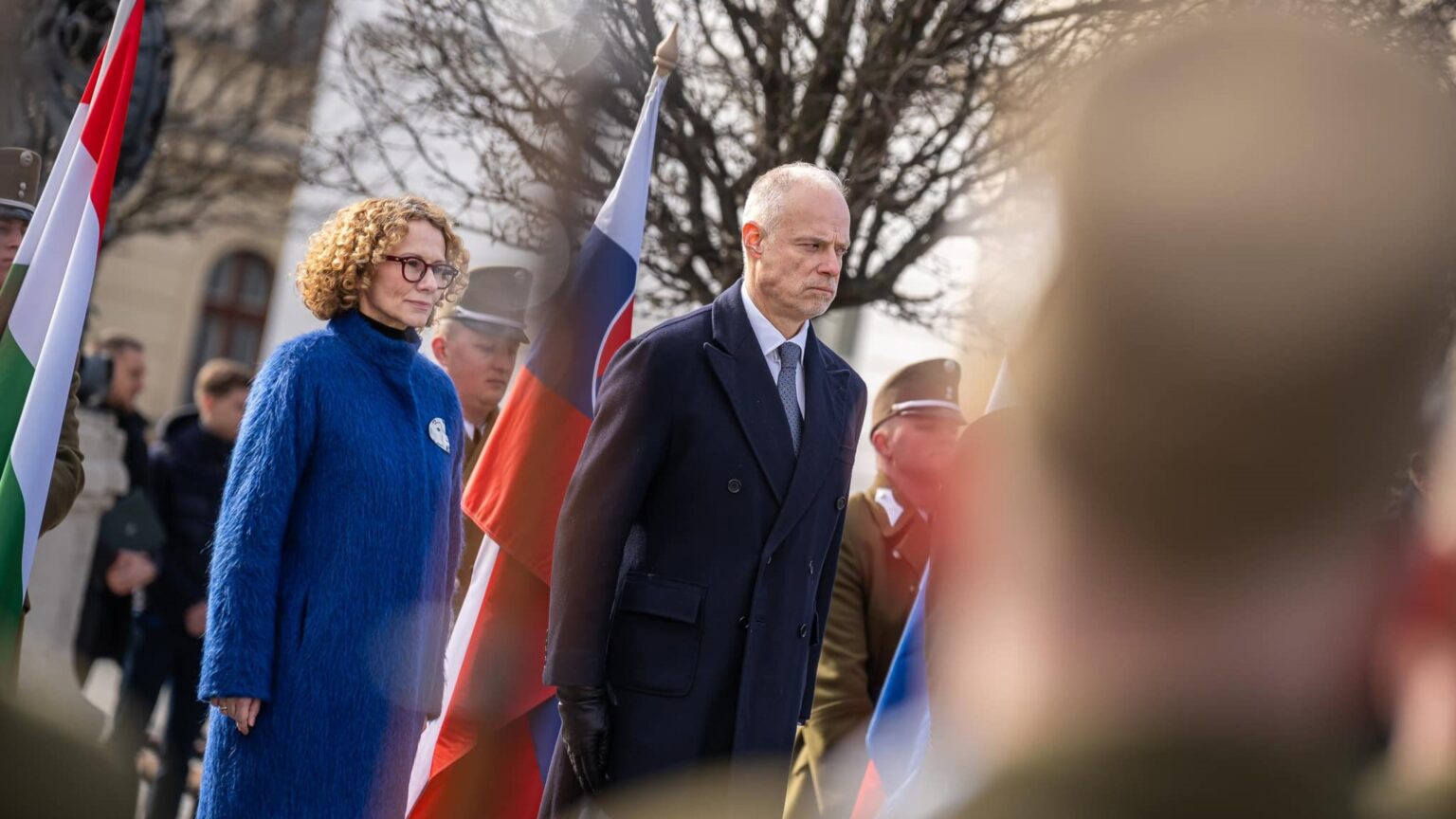
‘The HQ MND-C’s role will expand in the coming years, and is set to coordinate NATO military exercises aimed at testing combat readiness and enhancing interoperability among Allied forces. It will continue to play a critical role in the region’s defence architecture, ensuring that the Alliance remains prepared for the challenges of the future.’
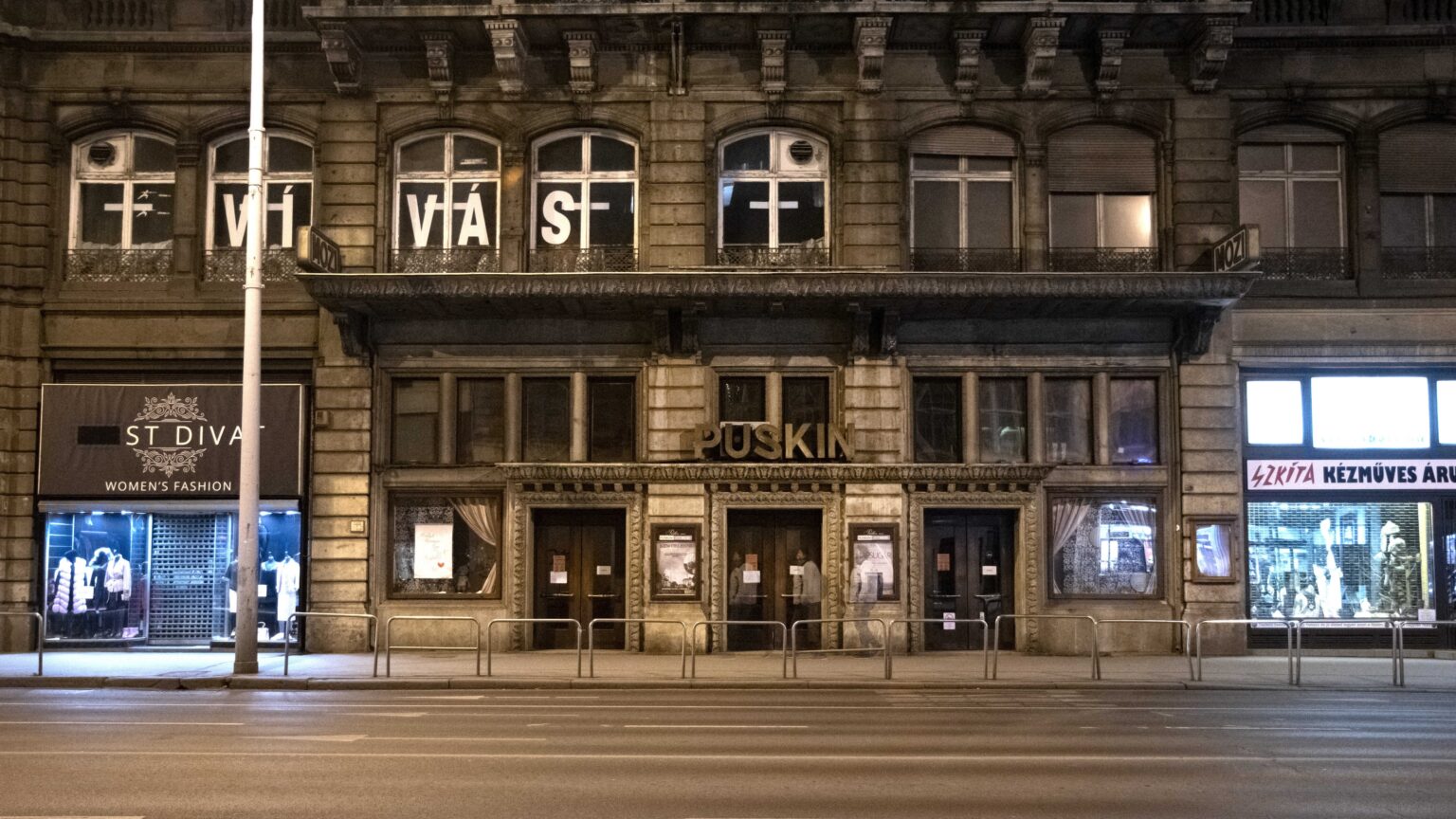
Budapest’s Puskin Cinema will screen a selection of iconic films by Milos Forman, the legendary Czech New Wave director and two-time Academy Award winner. Throughout February and March, audiences can enjoy seven of his most renowned works, showcasing his artistic evolution.
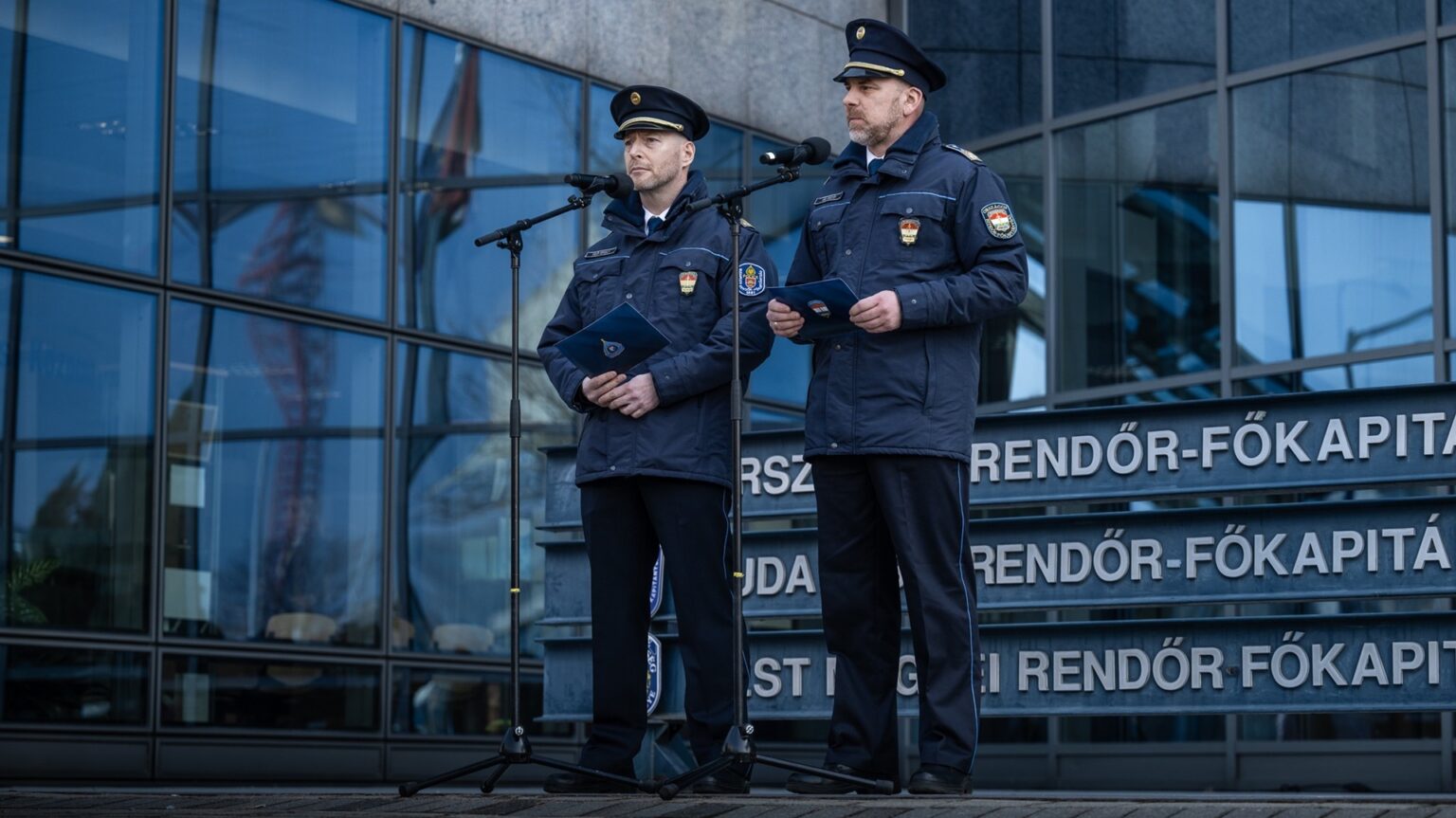
According to her lawyer, the 43-year-old victim has contacted the Japanese Embassy in Budapest as well, claiming that her abusive ex-husband had taken her passport, but, tragically, the Embassy did not do anything to help her either.

Hungarian President Tamás Sulyok expressed confidence in the country’s border security following visits to the Hungarian–Romanian and Hungarian–Serbian borders. He praised law enforcement personnel and their advanced equipment, reaffirming that Hungary’s borders remain well protected.
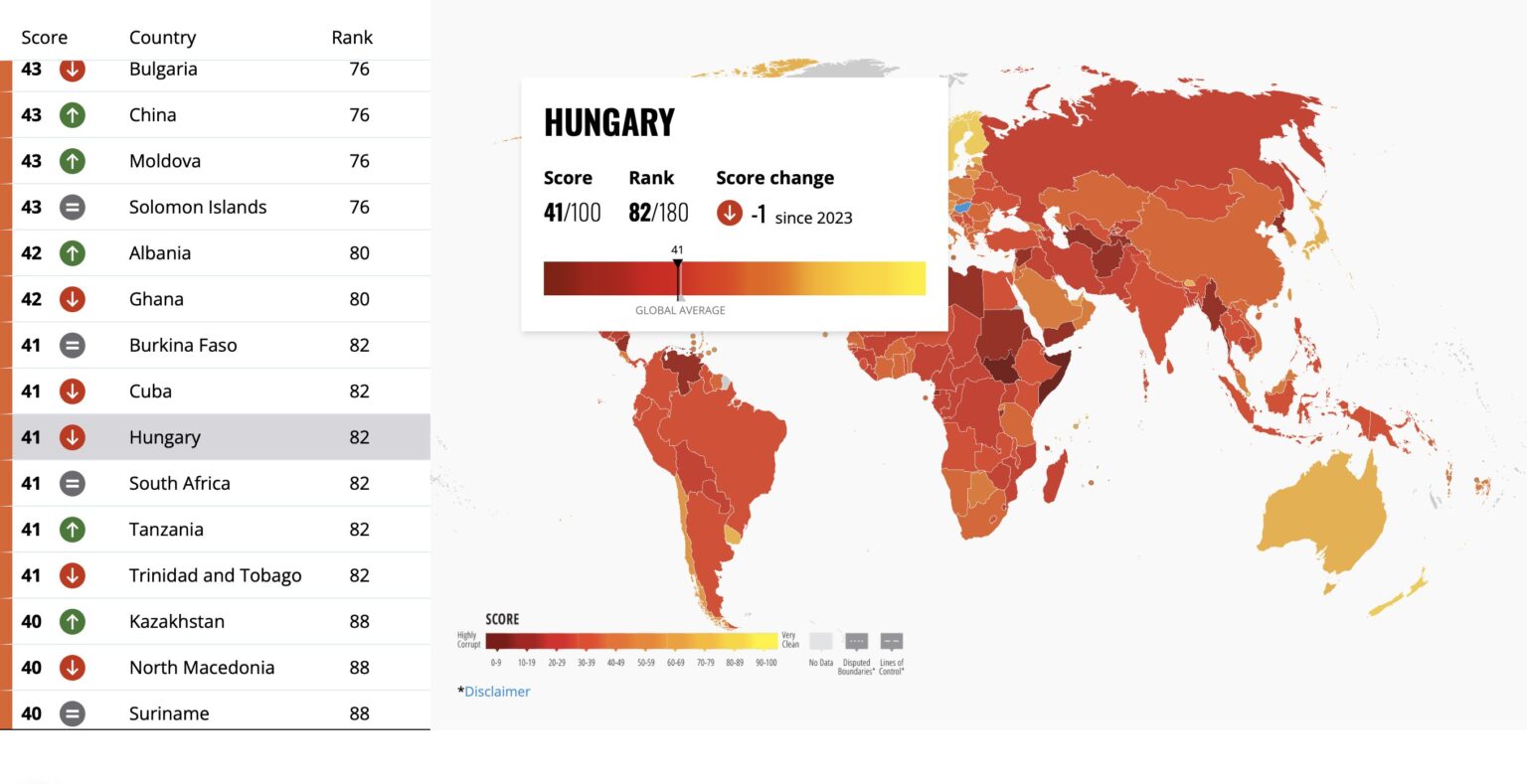
Transparency International’s Corruption Perceptions Index has once again ranked Hungary as the most corrupt member state of the EU, placing it alongside Burkina Faso and Cuba for the third consecutive year. However, this time, we exactly know the reason why. Our commentary.

The Hungarian government has reaffirmed its zero-tolerance stance on violence against women, pledging that ‘no cry for help will go unanswered.’ Government spokesperson Eszter Vitályos announced new measures to strengthen law enforcement’s response and protect victims.
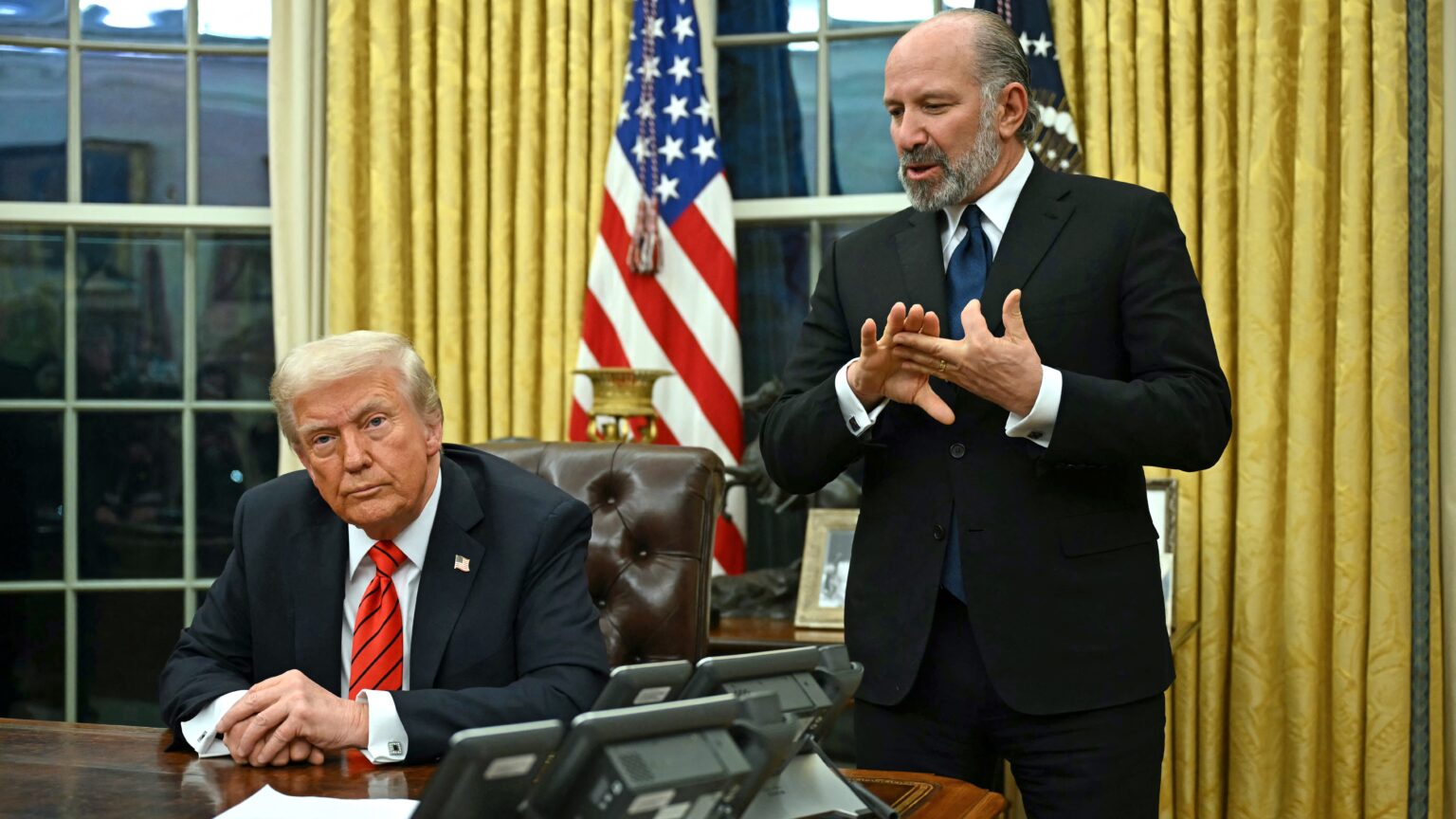
‘Trump’s actions, like them or not, can be seen as an application of a highly contested “unitary executive theory”—an expansive interpretation of presidential power that aims to centralize greater control over the government in the White House. Trump’s measures, however, reflect the constitutional philosophy of the Founding Father who effectively created the American system, Alexander Hamilton.’
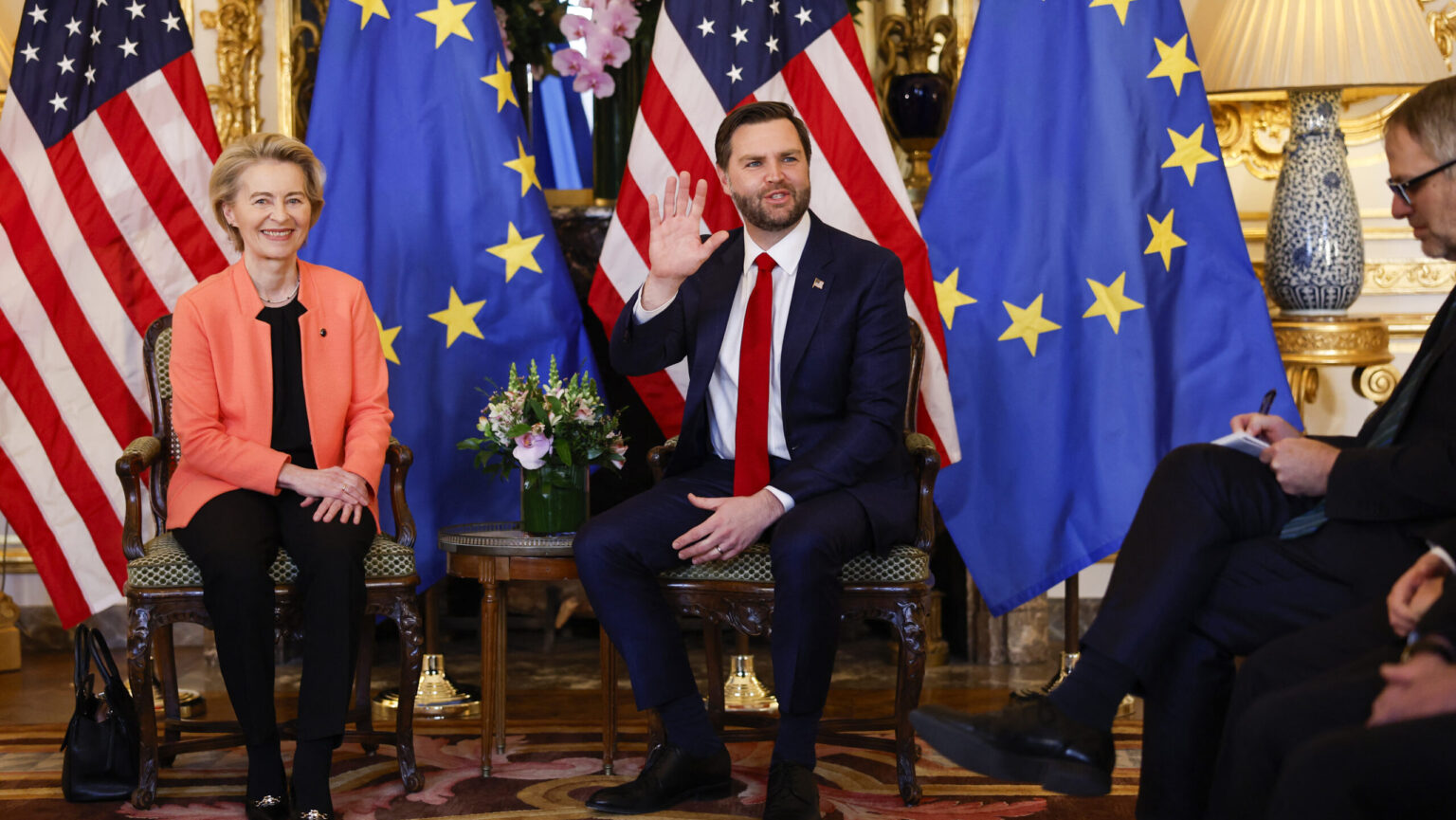
US president Donald Trump imposed 25 per cent tariffs on all steel and aluminium imports to the United States on Monday, a decision that will heavily impact the European Union’s economy. President of the European Commission Ursula von der Leyen promised proportionate countermeasures, signalling a broader trade war between Washington and Brussels in the near future.
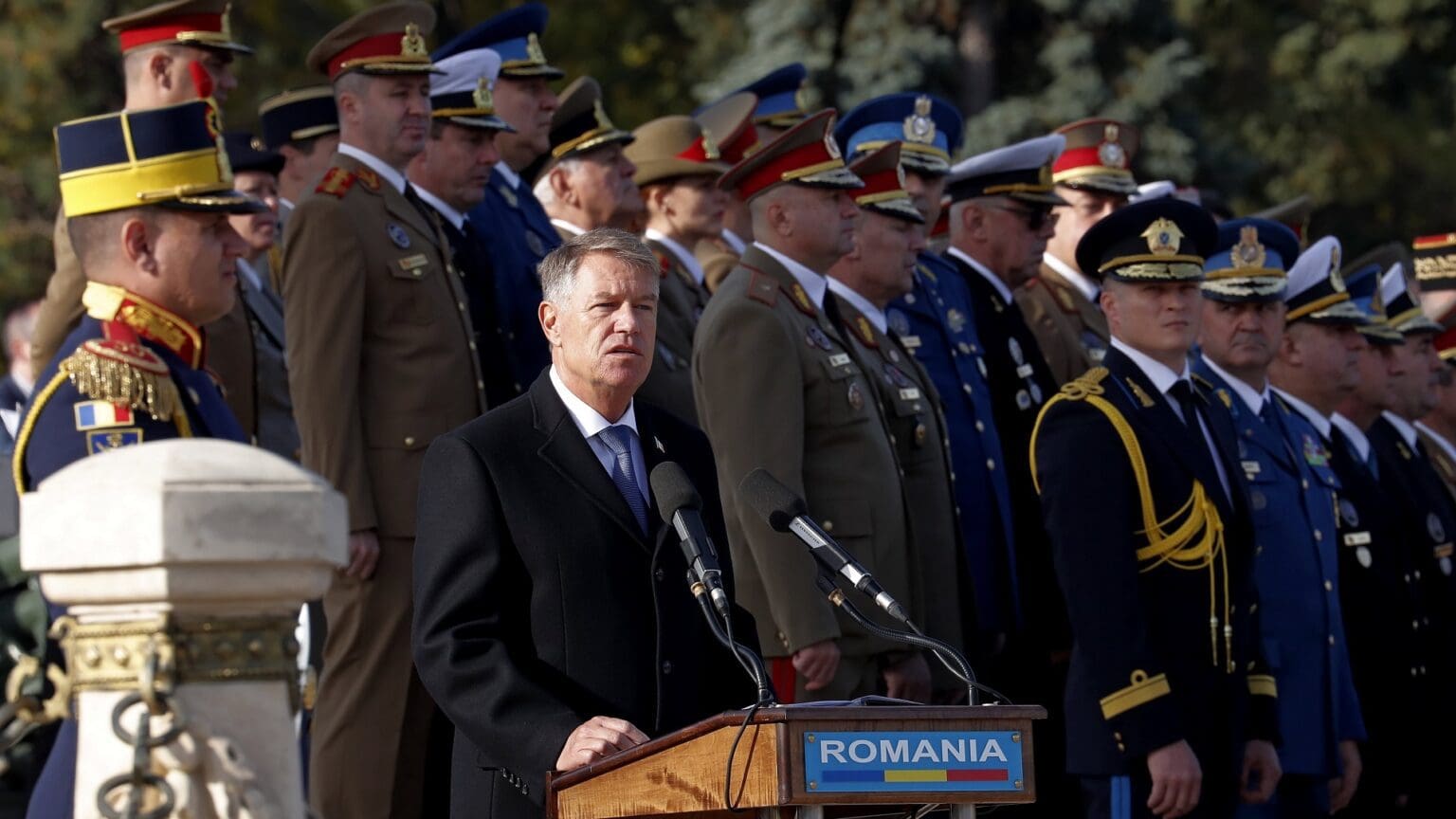
Romanian President Klaus Iohannis announced his resignation on Monday, which ended his mandate before the presidential elections. If the Parliament approves the date, presidential elections will be held again in Romania in early May.

Hungary’s Paks Nuclear Power Plant closed 2024 with its fifth-highest annual electricity production, generating 16,016.6 GWh—nearly half of the country’s total electricity output. The plant has prevented close to 250 million tonnes of CO₂ emissions over its lifetime.

Police Scotland have ruled out third-party involvement in the case of the missing Hungarian twin sisters in Aberdeen. After the bodies of two women were found in the water following three weeks of intensive search efforts, Henrietta and Eliza Huszti’s father told Hungarian media that he does not believe his daughters committed suicide, suggesting the possibility of murder.

Hungarian Conservative is a quarterly magazine on contemporary political, philosophical and cultural issues from a conservative perspective.